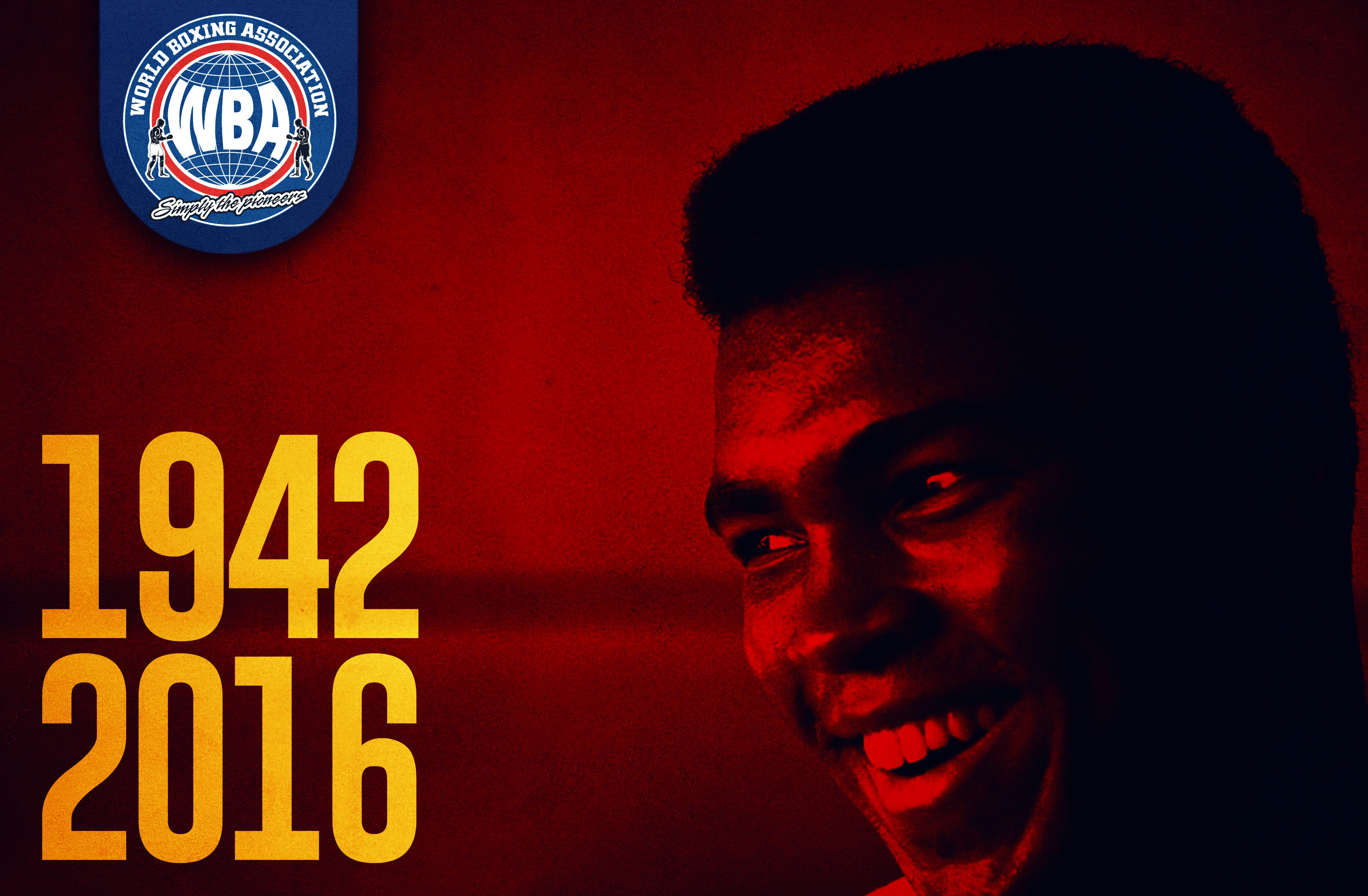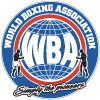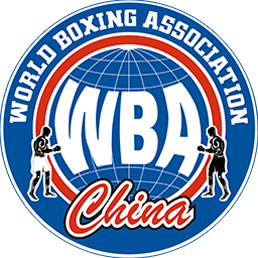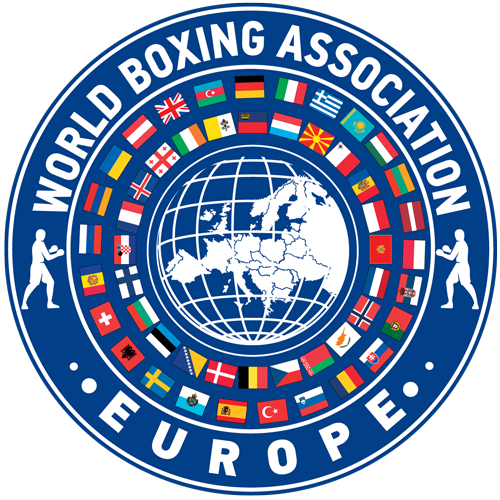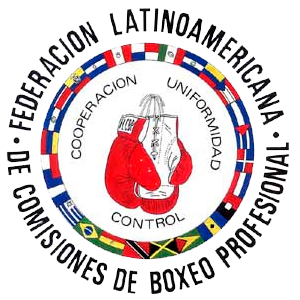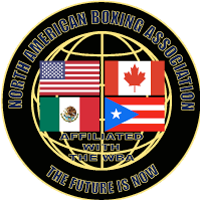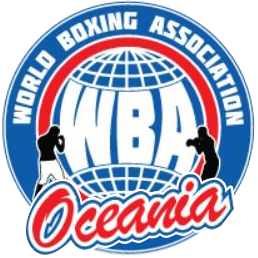
You may not like sports, or you may not be fond of boxing, but I am sure you know you Muhammad Ali was, because this man legacy transcends any barrier. His fight in and outside the ring made him noticeable to everybody and made him worthy of eternal life long before he parted this world
Cassius Clay, as his parents named after his birth on January 17, 1942 in Louisville, Kentucky, was a rebel who never was unsettled before any challenge he faced. With that strength, his fists and his eloquence, gain his special place in in the world.
However, the first time we heard Clay’s name was in 1960, when he won the Olympic Gold medal in Rome, to later begin his professional boxing career with the endorsement of the maximum Olympic golden prize in his record.
His achievements in professional boxing were similar to his amateur career. In 1964, with 19 fights he defeated Sonny Liston in 6 rounds to win his first world title and year later, he knocked him out in the first round, however, for that rematch on May 25, 1965 he was no longer Cassius Clay, he was Muhammad Alí.
By that time, he was already showing the world his famous phrase, “Fly like a butterfly and sting like a bee”. Undoubtedly his greatest battles were against Joe Fraizer, one of them named the fight of the century, his defeating a young George Foreman in 8 rounds to regain his heavyweight title in Kinshasa, Zaire, after a long absence for refusing to fight in Vietnam War made his legacy shine.
His legacy grew after becoming the first boxer who had been three times heavyweight world champion, and who years later in 1981, ended his professional boxing career against Trevor Berwick, who defeated him by unanimous decision in 10 rounds after a strong controversy over the medical tests carried out and that many claimed were enough reason not to allow the fight to go on as Ali had been away from the ring for two years.
His legacy grew outside the ring
His actions outside the ring were as strong as his fists that knocked out many and made him transcend to eternity.
His fight for the black people civil rights in the United States got him closer to people like Malcon X, turn to Islam to change his name and leave behind Cassius Clay, a slave name.
However, his greater fight was during John F Kennedy in 1967, government when he said, “no Vietnamese has called me nigger” to refuse to go to Vietnam war. It cost him his title and his boxing license, keeping him away from the ring
He showed great courage and of being a man with unshakable ideals that were above money and material goods.
After his two great achievements in and out of the ring he was called to the opening ceremony of the Atlanta Olympic Games 96 to be the last to carry the torch and light the pebble, almost 10 years after he was diagnosed with Parkinson’s disease.
Although his memory, his strength and legacy did not deteriorate nothing would do it because he was the most noticeable sportsman of the twentieth century for the sports press as he forged his legend in indelible ink and today the whole world remembers him, although many have never seen a boxing match in their lives.


